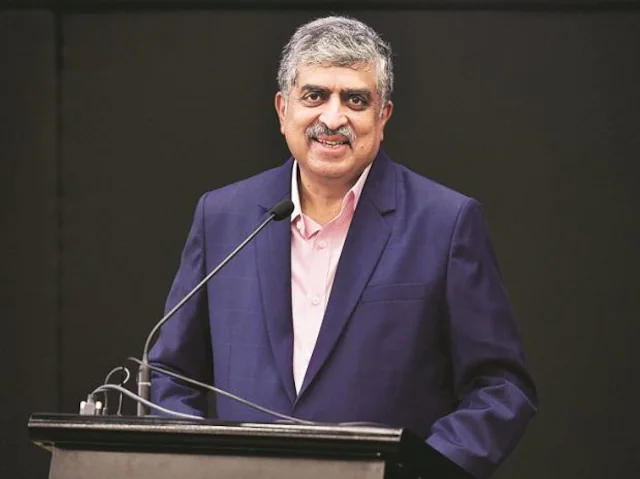India has become a battlefield for some global retail behemoths that are either shut out of China or are struggling to compete with local rivals there

He co-founded software powerhouse Infosys Ltd., became a billionaire and went on to spearhead a colossal government program to create biometric identification for India’s almost 1.4 billion people. Now 66, Nandan Nilekani has one more ambitious goal. The high-profile mogul is helping Prime Minister Narendra Modi build an open technology network that seeks to level the playing field for small merchants in the country’s fragmented but fast-growing $1 trillion retail market.
Its stated purpose is to create a freely accessible online system where traders and consumers can buy and sell everything from 23-cent detergent bars to $1,800 airline tickets. But its unspoken objective is to eventually curb the powers of Amazon.com Inc. and Walmart Inc.-owned Flipkart, whose online domination has alarmed small merchants and the millions of local mom-and-pop stores, called kirana, that form the nation’s retail backbone…







